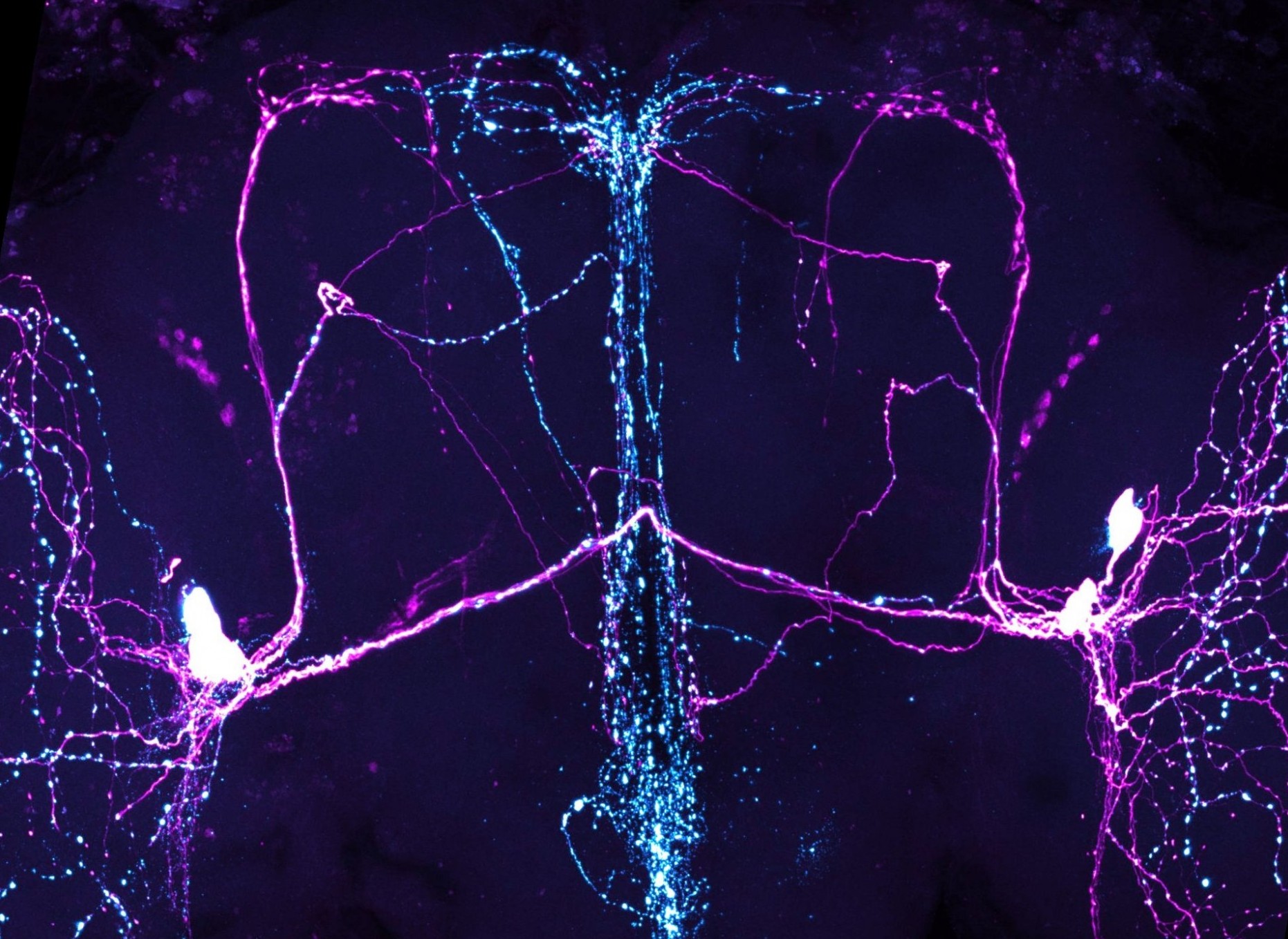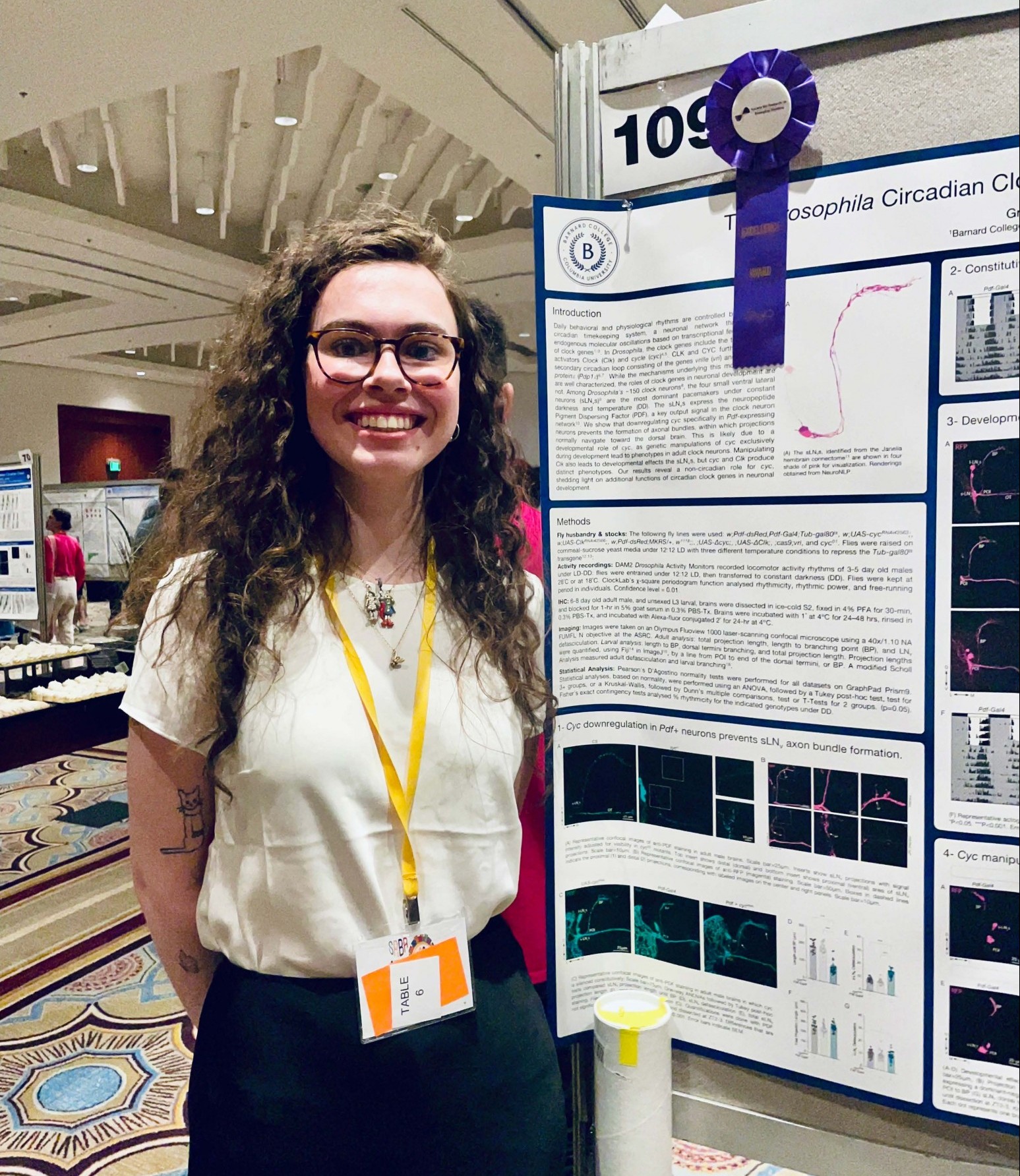July 08, 2024
We are moving to Bloomington!
In August 2024, our lab will be relocating to the Department of Biology at Indiana University.
Our new lab website is coming soon!
Please note that the current website will not be updated after Summer 2024.
May 22, 2024
Grace received the SRBR Excellence in Research Award
Congratulations, Grace!
May 20, 2024
SRBR 2024
Grace, Eva, and Aishwarya presented posters during the SRBR 2024 meeting in San Juan, Puerto Rico.
News
July 08, 2024
We are moving to Bloomington!
In August 2024, our lab will be relocating to the Department of Biology at Indiana University.
Our new lab website is coming soon!
Please note that the current website will not be updated after Summer 2024.
May 22, 2024
Grace received the SRBR Excellence in Research Award
Congratulations, Grace!
May 20, 2024
SRBR 2024
Grace, Eva, and Aishwarya presented posters during the SRBR 2024 meeting in San Juan, Puerto Rico.




